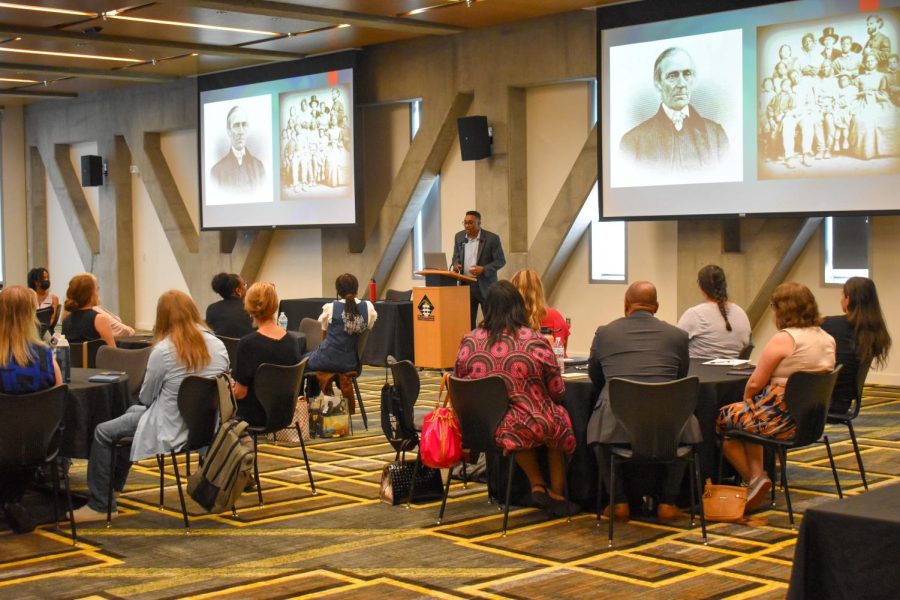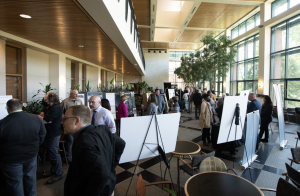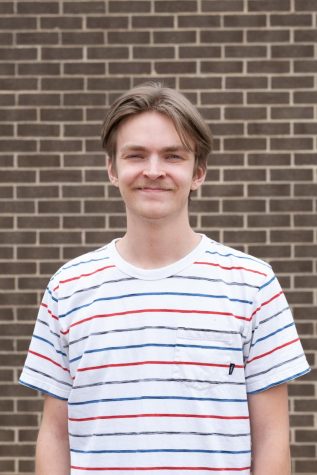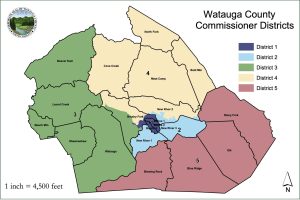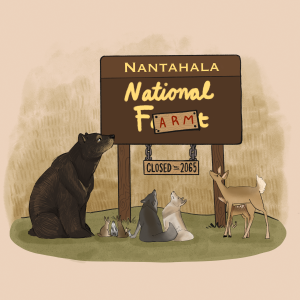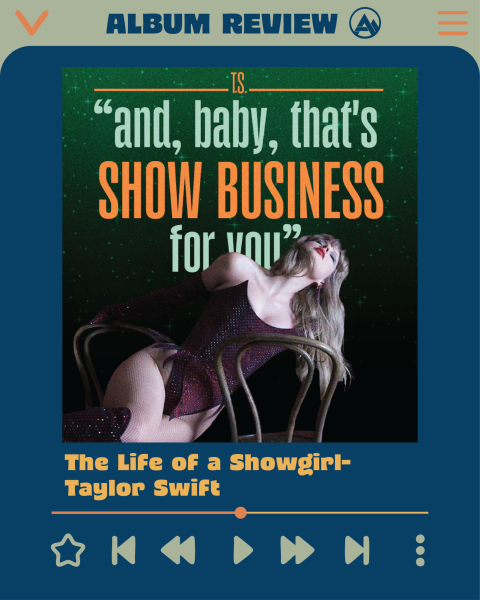App State community holds celebration for Juneteenth
Courtesy of Katherine Jamtgaard
Rodney Dawson speaks at the Juneteenth ‘lunch and learn’ in the Parkway Ballroom June 15.
June 22, 2022
App State students, faculty and staff met June 15 to attend a university event honoring Juneteenth.
The event included a unity vigil; a discussion with App State Police on student, faculty and police relations; and a ‘lunch-and-learn’ presentation by Rodney Dawson, an education curator from the Greensboro History Museum. Events lasted from 9 a.m. to 1 p.m. and were organized by Chief Diversity Officer Jamie Parson.

Juneteenth is a national holiday honoring the emancipation of enslaved people in the United States, where word of President Abraham Lincoln’s Emancipation Proclamation reached Galveston, Texas June 19, 1865. President Joe Biden moved to federally recognize it June 15, 2021, making this the second year it has been celebrated as a national holiday.
The unity vigil took place outside of the National Pan-Hellenic Plots and Garden, where attendees commemorated Juneteenth and victims and survivors of recent mass shootings. They were joined by Pastor Reggie Hunt, Rabbi Alty Weinreb and Lamont Sellers, director of App State’s Department of Intercultural Student Affairs.
Hunt, who spoke first, recalled lines from the Bob Marley song “War” and asked the question of how long it will take to resolve issues of mass violence and social injustice.
“Every world changer, every prophet, every leader, every activist has had to ask the question of “‘How long?’” Hunt said. “How long do we push towards this pain? How long do we push with waning hope? How long do we push? How long do we cry out in faith and hope to God above, or in communities surrounding, or to legislating decision makers who seem to be passive?”
Weinreb spoke on the celebration of Juneteenth, and how the community has grown to establish a new sense of understanding with the new national holiday.
“It’s a celebration of progress. An affirmation that despite the most painful parts of American history, change is possible.” Weinreb said.
Sellers, who spoke last, asked those in attendance to find strength in themselves and their community to take action, rather than living through events silently.
“We’ve heard those on social media and those who find themselves in front of cameras offering prayers and thoughts and condolences, but that does not go far enough,” Sellers said. “Each one of us standing here today, each one of us has a sphere of influence. We have a circle of friends and family. We have an opportunity to take action.”
Sellers also spoke on fighting ongoing social injustices and using one’s constitutional rights.
“Just last night I was with our Mandela Washington fellows and someone asked about exercising our rights here in the United States as a Black person, and I told them that I find it as an utter disrespect to not exercise my right to vote or any of my other rights afforded to me by the Constitution,” Sellers said. “It’s a personal affront, to me, and disrespects the memory of all of those who have died and all of those that have sacrificed over the years to get to where we are now; and we still have further to go.”
During the educational session, Dawson, an education curator from the Greensboro History Museum, spoke on the impact societal connections had on the Black community in Greensboro, North Carolina during the civil rights movement. Dawson noted how the July 1960 Greensboro sit-ins were led by four Greensboro college students and fostered by the efforts of many local and regional leaders; something Dawson argues is deeply connected to the strong educational institutions in the community.
“They didn’t know if they were going to be kicked out of school. They didn’t know if they were going to be harmed. They didn’t know if they were going to be killed, but they did it,” Dawson said. “The next day was 33. Then that following day there were 300 students. By the end of the week, there was 600 students participating in it from the Women’s College, Guilford College, Greensboro College, and a majority from A&T and from Bennett. It was all people pushing themselves to their fullest potential.”

